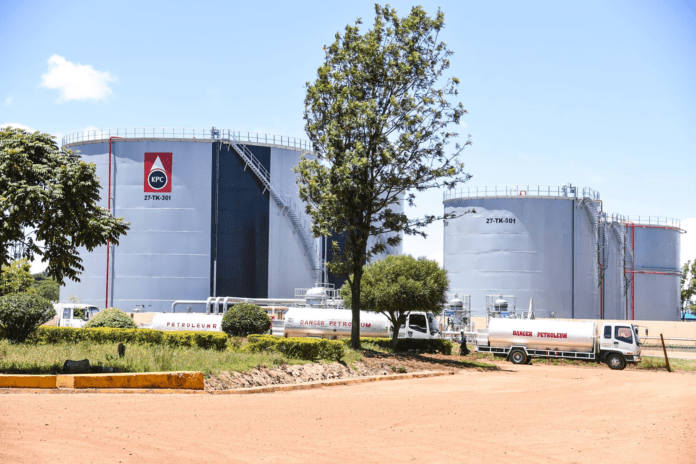The Kenyan government has extended its oil import arrangement with three Gulf-based companies for another two years under the Government-to-Government (G-to-G) framework, allowing continued access to fuel on credit.
Energy and Petroleum Regulatory Authority (EPRA) Director General Daniel Kiptoo told Bloomberg that the firms would maintain their supply of petrol, diesel, kerosene, and jet fuel under a 180-day credit facility.
However, Kiptoo noted that the renewed agreement would be activated later in the year, once Kenya receives the final batch of fuel ordered under the previous contract.
He attributed the delay in shipping the remaining consignment to Uganda’s recent decision to independently source its petroleum, a move that disrupted prior logistics arrangements between the two countries.
Despite the delay, Kiptoo hailed the G-to-G deal for its positive impact on the local economy, particularly in helping stabilize the Kenyan shilling against international currencies. Since the program began, the shilling has gained by seventeen percent, according to data from the Central Bank of Kenya, with the current exchange rate averaging Ksh129 against the US dollar.

“The structure provides stability for the currency and ensures consistent fuel supply even during global disruptions. We’re also seeing growing interest from other countries who want to adopt a similar model,” Kiptoo said.
He also pointed out that shipping and premium charges have declined under the arrangement. For instance, freight costs per metric ton have dropped by eleven percent to Ksh10,068.24 for diesel, seven percent to Ksh10,842.72 for petrol, and thirteen percent to Ksh12,520.76 for jet fuel. These prices are guided by the S&P Global Platts benchmark.
Additionally, Kiptoo emphasized that local oil importers have benefited from the deal, as it reduces their dependence on hard currency when buying fuel from international markets.
While Kenya previously exported fuel primarily to Uganda, it now supplies petroleum products to several landlocked countries, including Rwanda, South Sudan, Burundi, and the Democratic Republic of Congo.
This marks the second extension of the agreement since its initial rollout in April 2023, when the government shifted from the monthly open tender system to the current credit-based model as part of broader efforts to stabilize the economy.

Photo
New Vision







